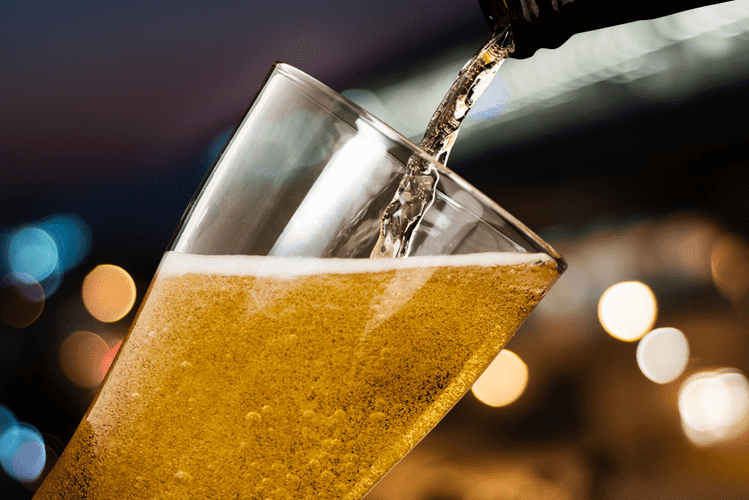Anger also contributes to relapse via psychological and interpersonal influences. Enhancing anger management skills may improve coping with anger as well as enhance accessing other cognitive and behavioral coping skills disrupted by anger arousal. Consistent with our previous work (Walitzer et al., 2009), we hypothesized that AA Facilitation treatment would lead to greater AA involvement, and increased https://ecosoberhouse.com/ AA involvement would predict improved drinking outcomes among these clients. Clients receiving the AA facilitation treatment reported significantly more AA behaviors and steps worked than clients receiving alcohol-adapted anger management treatment. This differential effect was also marginally present for during-treatment AA meeting attendance and posttreatment drinking consequences.

If you have intermittent explosive disorder, prevention is likely beyond your control unless you get treatment from a mental health professional. For those who find themselves getting angry when they drink, there are healthy ways that you can deal with your anger and emotions without having to turn to alcohol. Best of all, some alcoholism anger of these ways are things you can do throughout the day without having to make major changes to your daily life. Additionally, when people drink they tend to struggle with emotions. When under the influence of alcohol, many people struggle to comprehend and properly identify the emotions of those who are around them as well.
Cognitive Function
It was found that those scoring lower became significantly more aggressive than those who had higher ratings on the CFC. The findings were explained by emphasizing that concern for the future involves greater prefrontal cortex resources that help inhibit the excessive impact of alcohol. I’ve observed this pattern over several decades in helping clients deal with anger. Alcohol, like fatigue, diminished sleep, stress, and certain drugs, inhibits the activation of the prefrontal cortex, that part of our brain responsible for problem-solving, judgment, and overseeing and managing emotions. This disinhibiting aspect of alcohol in effect paves the way for feelings to dominate thoughts and behavior.
By perpetuating such behavior, people can end up damaging meaningful relationships — yet another effect of alcohol-based aggression. Continue reading to learn more about the link between alcohol and anger, including which risk factors exist, how alcohol-related aggression can be dangerous and more. By understanding how alcohol abuse influences your mood, you can learn to make positive choices instead of ones you may regret. Becoming angry or irritable when you drink is a relatively common experience — an often-cited body of research by the World Health Organization notes that aggression has a closer link to alcohol than any other kind of psychoactive drug.
What To Do About the Link Between Anger and Alcoholism
Increasingly, research offers answers to determine this interaction. Intimate partner violence is of great concern when it comes to alcohol and anger. Violence can occur in marriages, long-term partnerships, and dating relationships. Look for human warmth, a “pop in anytime” policy, and (if this appeals to you) cameras that allow you to monitor what’s going on. Check online reviews, talk to people, and check out their social media presence. Attending Al-anon meetings (Al-anon.org) would help you to understand some of your own behavior, and put you in proximity with others who are also coping with a loved one’s alcohol abuse.

